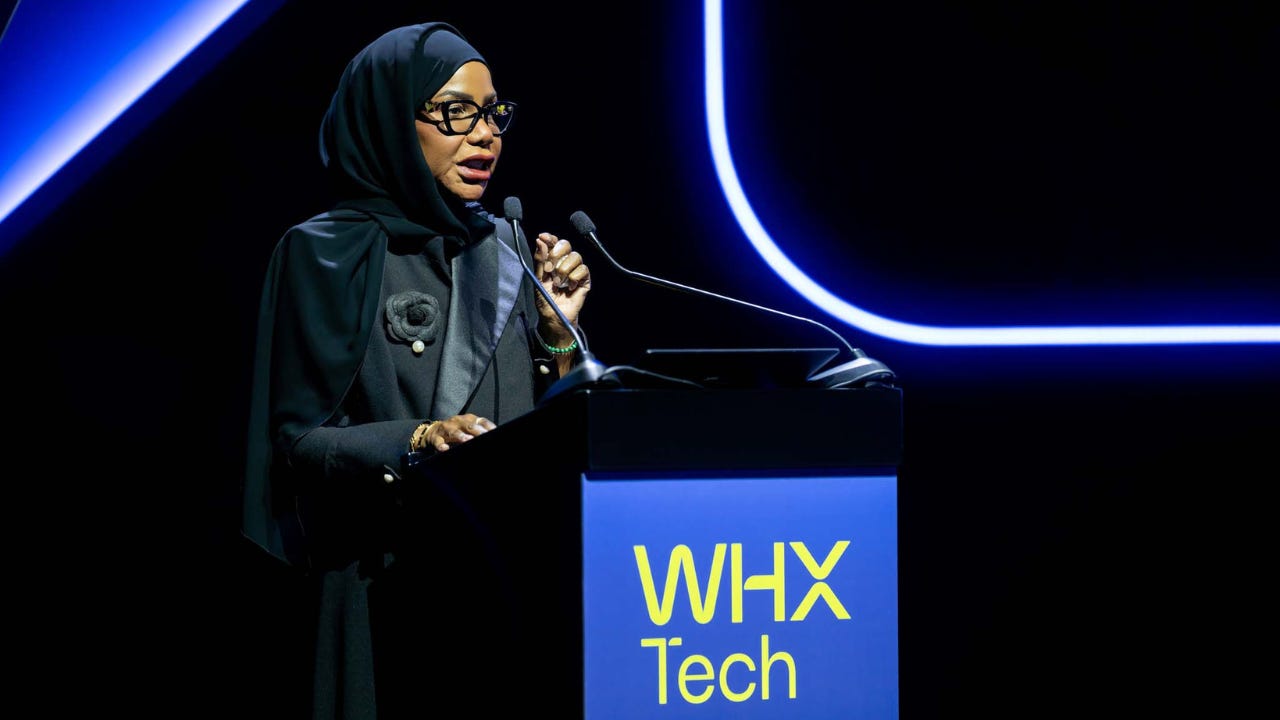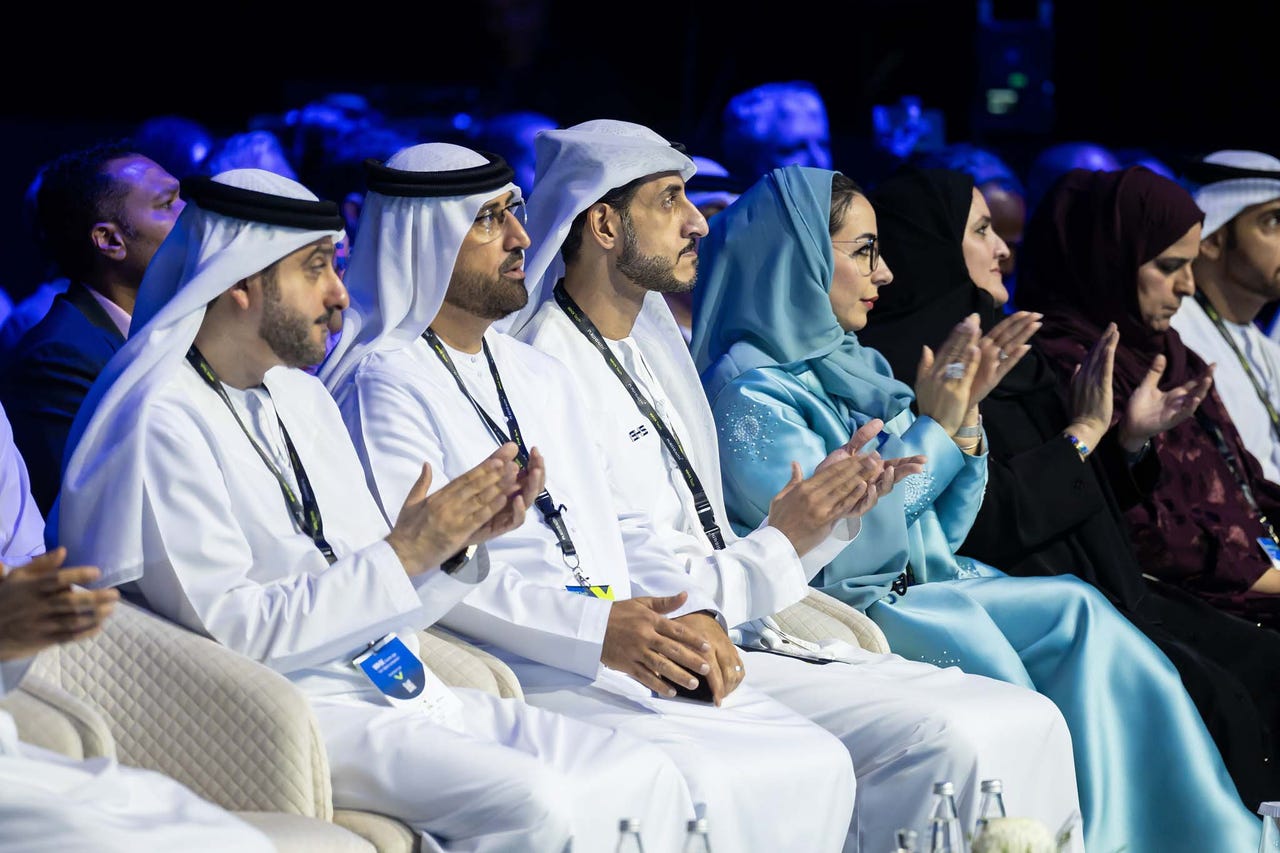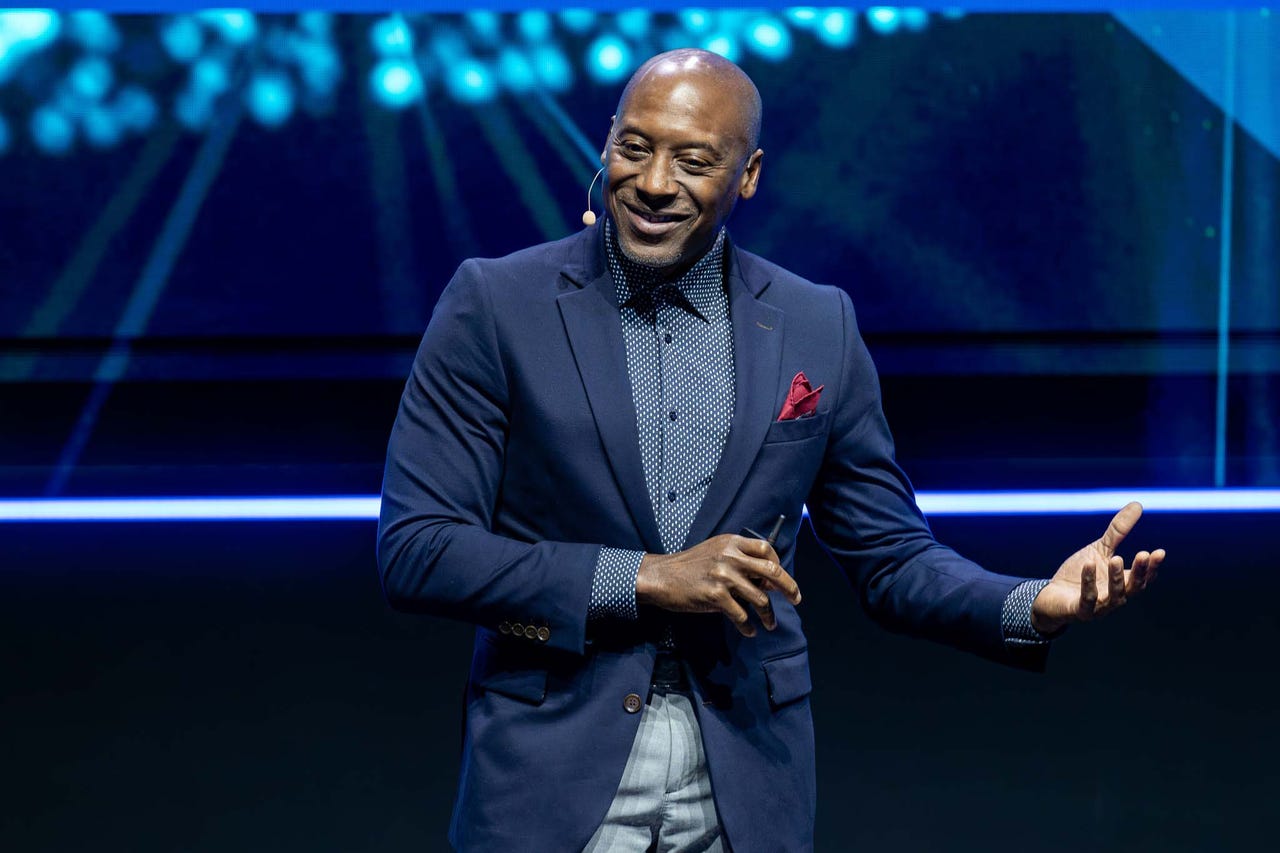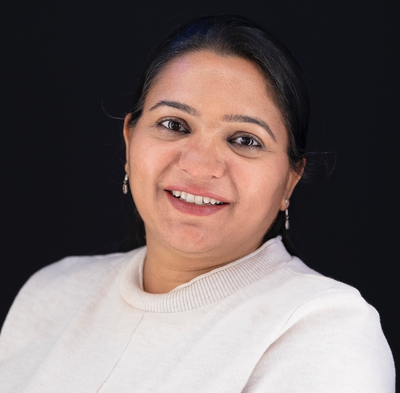AI in healthcare should move from prediction to empathy
Luminaries at the inaugural WHX Tech–EHS AI Summit agreed that AI in healthcare must serve humanity, not overshadow it.

The UAE has been an early adopter of technology and advocates for the responsible adoption of artificial intelligence in healthcare. Leaders at the WHX Tech–EHS AI Summit echoed this sentiment and urged that technology must not only accelerate efficiency but also deepen trust, ethics and human connection.
Talking about the UAE’s vision to align with the National Artificial Intelligence Strategy 2031, Her Excellency Mubaraka Ibrahim, Chief Information Officer of Emirates Health Services (EHS), said: “The story of healthcare is being rewritten before our eyes. The model before was diagnose and treat, and it’s getting transformed to predict and prevent.”
At EHS, the healthcare services roadmap has three priorities: integrating AI into healthcare and wellness; building an AI-ready workforce; and ensuring that AI systems remain safe and trusted.
“Ambient AI is already reducing documentation by 41%, giving clinicians 22% more time with their patient,” Ibrahim noted. “This is not just efficiency; it is humanity restored to the heart of care.” Generative AI, she added, was moving beyond text to designing molecules and accelerating research and personalising treatments at scale.
The future, Ibrahim emphasised, is in which “every citizen may one day have their digital twin, a living, breathing model of their health, tested, treated and optimised before a doctor even prescribed your medication.” However, this revolution must be guided by ethics, she noted. “AI is not here to replace the human. It is here to return the optimum capacity.”

Dignitaries at the WHX Tech-EHS AI Summit
A mirror to humanity
Reggie Townsend, Vice President of the Data Ethics Practice at SAS, USA, a keynote speaker at the summit, who served on the US National AI Advisory Committee until earlier this year, likened AI to the invention of the mirror, a tool that both reveals and distorts.
“We stand before a new kind of mirror. We just happen to call it artificial intelligence,” he said. “It magnifies our wisdom and our shortcomings, our brilliance and our biases,” he said adding a note of philosophical caution.
The challenge lies not in whether AI should be used, the answer is unequivocally yes, he said, but in how the technology can be deployed to create a better world. “Responsible innovation begins with responsible innovators,” he argued. “We’ve got to innovate in ways that demonstrate dignity, trust and empathy.”
Healthcare, Townsend suggested, is one of the last bastions where empathy is still visibly practised in human-to-human encounters. “Even the most advanced chatbots can feel a bit soulless. There’s something different about having the same conversation with a human being who is emoting a different energy with you in the moment.”

Reggie Townsend, Vice President of the Data Ethics Practice at SAS, USA
Responsibility and ‘response-ability’
In a passionate address, Townsend also warned that while AI offers efficiency, it can also amplify risks from automation bias to the concentration of power in a handful of US tech giants. “Today’s primary beneficiaries of the AI revolution are predominantly large tech companies… this centralisation of power threatens the development of really good AI that becomes beneficial for all of us.”
He urged healthcare leaders to embrace not only governance frameworks but also what he called ‘response-ability’, which is the capability to respond effectively when systems fail. “Our success doesn’t depend on avoiding every possible failure. It depends on developing the ability to respond when they happen.”
Pragmatic governance tools, such as model cards, which he described as nutrition labels for AI models, could help de-risk investments and build public trust.
The human element
Both Ibrahim and Townsend converged on a central theme that AI in healthcare must serve humanity, not overshadow it. Ibrahim underscored the tangible benefits, which is more time for clinicians, faster diagnoses, lower costs, while Townsend reminded of the ethical compass.
“When those future generations look into the mirror of AI, they’re going to be looking at our creation,” Townsend stressed. “Let’s design AI that amplifies empathy. Let’s automate what we can, but let’s not try to automate what we know we need to preserve. The most powerful tool in healthcare isn’t artificial. It’s human. It’s you.”
Ready to transform your healthcare investments? Discover breakthrough technologies at WHX Tech, our exclusive industry-changing summit. Sign up now to be a part of the journey!

WHX Tech
Sep 14, 2026 TO Sep 16, 2026
|Dubai, UAE
Join us at WHX Tech in Dubai—where digital healthcare innovation meets real-world impact. WHX Tech brings together healthcare leaders, tech innovators, and investors to tackle the industry's biggest challenges and shape the future of healthcare.


